I will not take "but" for an answer

I will not take "but" for an answer
Langston Hughes, a prominent figure in the Harlem Renaissance, was known for his powerful and impactful poetry that addressed issues of race, identity, and social justice. One of his most famous poems, "I, Too," reflects his unwavering determination to overcome obstacles and fight for equality.In the poem, Hughes writes, "I, too, sing America. I am the darker brother. They send me to eat in the kitchen when company comes, but I laugh, and eat well, and grow strong." This line exemplifies Hughes' refusal to accept discrimination and marginalization. Despite being relegated to the kitchen, a symbol of segregation and inferiority, the speaker asserts his presence and resilience. He will not allow himself to be silenced or pushed aside. He will not take "but" for an answer.
Hughes' use of the word "but" in this context is significant. It represents the limitations and barriers imposed by society, the attempts to diminish and exclude certain voices. However, the speaker's defiance and determination to thrive in the face of adversity is a powerful statement of resistance. He refuses to be defined by others' prejudices and biases. He asserts his right to be seen, heard, and valued.
This theme of perseverance and resilience is a recurring motif in Hughes' work. His poetry often celebrates the strength and resilience of the African American community in the face of oppression and injustice. Through his powerful words and vivid imagery, Hughes challenges the status quo and demands recognition and respect for all people, regardless of race or background.
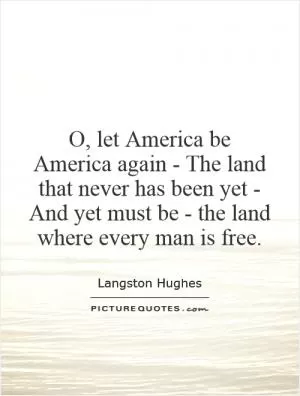






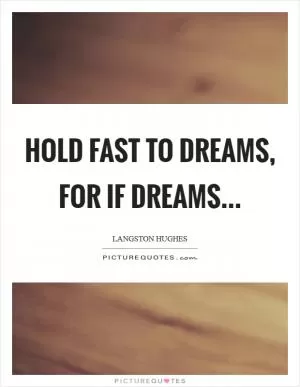

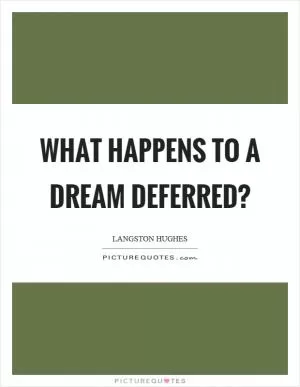
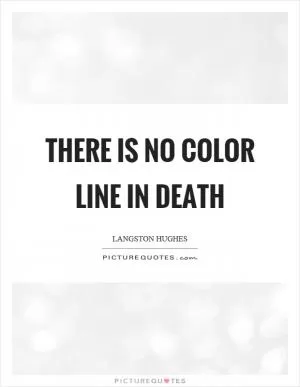
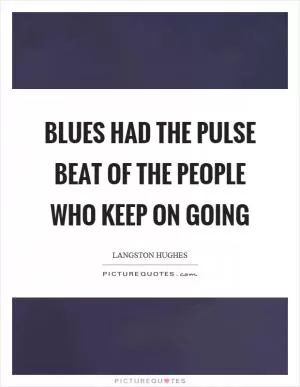
 Friendship Quotes
Friendship Quotes Love Quotes
Love Quotes Life Quotes
Life Quotes Funny Quotes
Funny Quotes Motivational Quotes
Motivational Quotes Inspirational Quotes
Inspirational Quotes